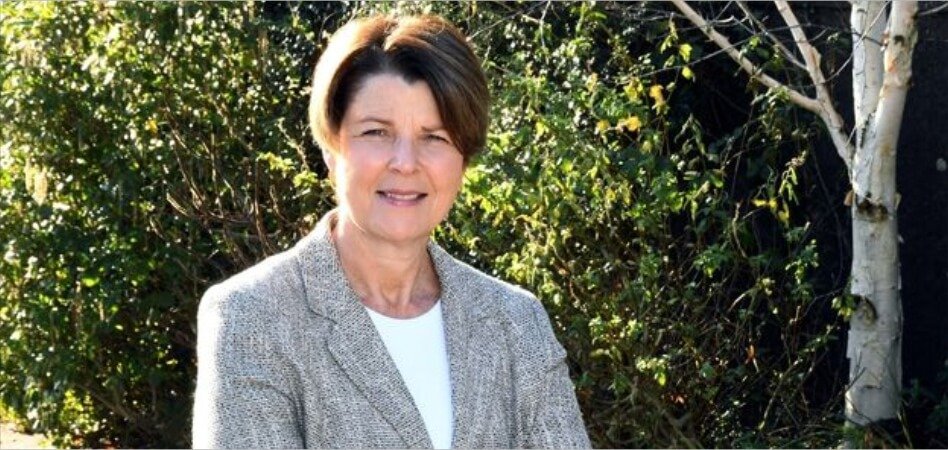A general practitioner (GP) in Cork has praised the human papillomavirus (HPV) vaccine as a “game changer” in lowering the incidence of cervical cancer in Ireland and has urged people to continue getting the shot.
This month, in honor of Cervical Cancer Awareness Month, Dr. Mary Favier of Parklands Surgery on the Commons Road in Blackpool gave a speech.
According to recent announcements made by Health Minister Stephen Donnelly, Ireland is on track to eradicate cervical cancer by 2040.
Less than four cases of cervical cancer per 100,000 women is how the WHO defines the disease’s extinction.
In reference to this, Dr. Favier stated that the incidence of cervical cancer has decreased due to a “combination” of causes.
“The vaccine is the game changer, but it’s also about the effectiveness of the vaccine, awareness of cervical screening, and people coming in to get early lesions treated,” she informed the sources.
Since 2010, girls in their first year of secondary school have had the opportunity to receive the vaccine as part of the school-wide HPV immunization program.
This is due to the fact that cervical cancer is the most prevalent malignancy brought on by the HPV virus.
As of September 2019, boys have had the option to receive the HPV vaccination.
This is due to the fact that HPV can also cause genital warts and cancer in guys.
“Could potentially bring the rates really down, because obviously it’s a sexually transmitted virus — substantially — and so a person can move it from one to the other,” stated Dr. Favier regarding the vaccination program’s introduction to boys and men.
“It’s a virus that can activate while you are with a different sexual partner; it’s not necessarily a sign that you contracted it from your current partner; it can remain in your system for a very long time.”If they are going to get infected, most people do so early.
“And it’s estimated that up to 60% of the unvaccinated population may be infected with HPV without realizing it.”It’s a pretty common virus, however exactly why some individuals get cancer from it and others don’t is yet unknown.




